Description
PANTOLOC 20MG TABLET
Indications / Uses?:
20-mg Tablet: For the treatment of mild reflux disease and associated symptoms (eg, heartburn, acid regurgitation, pain on swallowing), and long-term management and prevention of relapse in reflux esophagitis. Prevention of gastroduodenal ulcers induced by nonselective nonsteroidal anti-inflammatory drugs (NSAIDs) in patients at risk with a need for continuous NSAID treatment.
40-mg Tablet: Duodenal ulcer; gastric ulcer; moderate and severe reflux esophagitis.
In combination with 2 appropriate antibiotics (see Dosage & Administration), for the eradication of H. pylori in patients with peptic ulcers with the objective of reducing the recurrence of duodenal and gastric ulcers caused by this microorganism. Zollinger-Ellison syndrome and other pathological overproduction of gastric acid or hypersecretory conditions.
Injection: Duodenal and gastric ulcer, moderate and severe reflux esophagitis. Long-term management of Zollinger-Ellison syndrome and other pathological hypersecretory conditions. Upper digestive hemorrhage (complimentary to endoscopic therapy) and prevention of rebleeding. Prophylaxis of acute bleeding due to stress ulcer.
Administration :
Should be taken on an empty stomach: Take 1 hr before meals. Swallow whole, do not chew/crush.
Contraindications :
Known hypersensitivity to any of the excipients of Pantoloc.
Pantoprazole, like other proton-pump inhibitors (PPIs) should not be co-administered with atazanavir.
40-mg Tablet: Pantoloc must not be used in combination treatment for eradication of H. pylori in patients with moderate to severe hepatic or renal dysfunction since currently no data are available on the efficacy and safety of Pantoloc in combination treatment of these patients.
Special Precautions?:
20-mg Tablet: In patients with severe liver impairment, the liver enzymes should be monitored regularly during treatment with pantoprazole, particularly on the long-term use. In the case of an increase in liver enzymes, Pantoloc should be discontinued.
The use of Pantoloc 20 mg as preventive of gastroduodenal ulcers induced by nonselective NSAIDs should be restricted in patients who require continued NSAID treatment and have an increased risk to develop gastrointestinal complications.
The increased risk should be assessed according to individual risk factors eg, age (>65 years), history of gastric or duodenal ulcer or upper gastrointestinal bleeding.
Pantoprazole, as all acid blocking medicines, may reduce the absorption of vitamin B12 (cyanocobalamin) due to hypo- or achlorydria. This should be considered in patients with reduced body stores or risk factors for reduced vitamin B12 absorption on long-term therapy. In long-term treatment, especially when exceeding a treatment period of 1 year, patients should be kept under regular surveillance.
Note: Prior to treatment, the possibility of malignancy of gastric ulcer or a malignant disease of the esophagus should be excluded as the treatment with pantoprazole may alleviate the symptoms of malignant ulcers and can, thus, delay diagnosis.
Patients who do not respond after 4 weeks should be investigated.
40-mg Tablet: Pantoprazole 40 mg is not indicated for mild gastrointestinal complaints eg, nervous dyspepsia. In case of combination therapy, the summaries of product characteristics of the respective drugs should be observed.
In the presence of any alarm symptoms (eg, significant unintentional weight loss, recurrent vomiting, dysphagia, hematemesis, anemia or melena) and when gastric ulcer is suspected or present, malignancy should be excluded, as treatment with pantoprazole may alleviate the symptoms of malignant ulcers and can thus delay diagnosis.
Further investigation is to be considered if symptoms persist despite adequate treatment.
In patients with Zollinger-Ellison syndrome and other pathological hypersecretory conditions requiring long-term treatment, pantoprazole, as all acid blocking medicines, may reduce the absorption of vitamin B12 (cyanocobalamin) due to hypo- or achlorydia. This should be considered in patients with reduced body stores or risk factors for reduced vitamin B12 absorption on long-term therapy.
Effects on the Ability to Drive or Operate Machinery: There are no known effects or negligible influence on the ability to drive and use machines.
Use in pregnancy & lactation: Clinical experience in pregnant women is limited. In animal reproduction studies, signs of slight fetotoxicity were observed at doses >5 mg/kg. There is no information on the excretion of pantoprazole into human breast milk.
Pantoloc should only be used when the benefit to the mother is considered greater than the potential risk to the fetus/baby.
Use in children: Pantoloc is not recommended for use in children <12 years due to limited data in this age group.

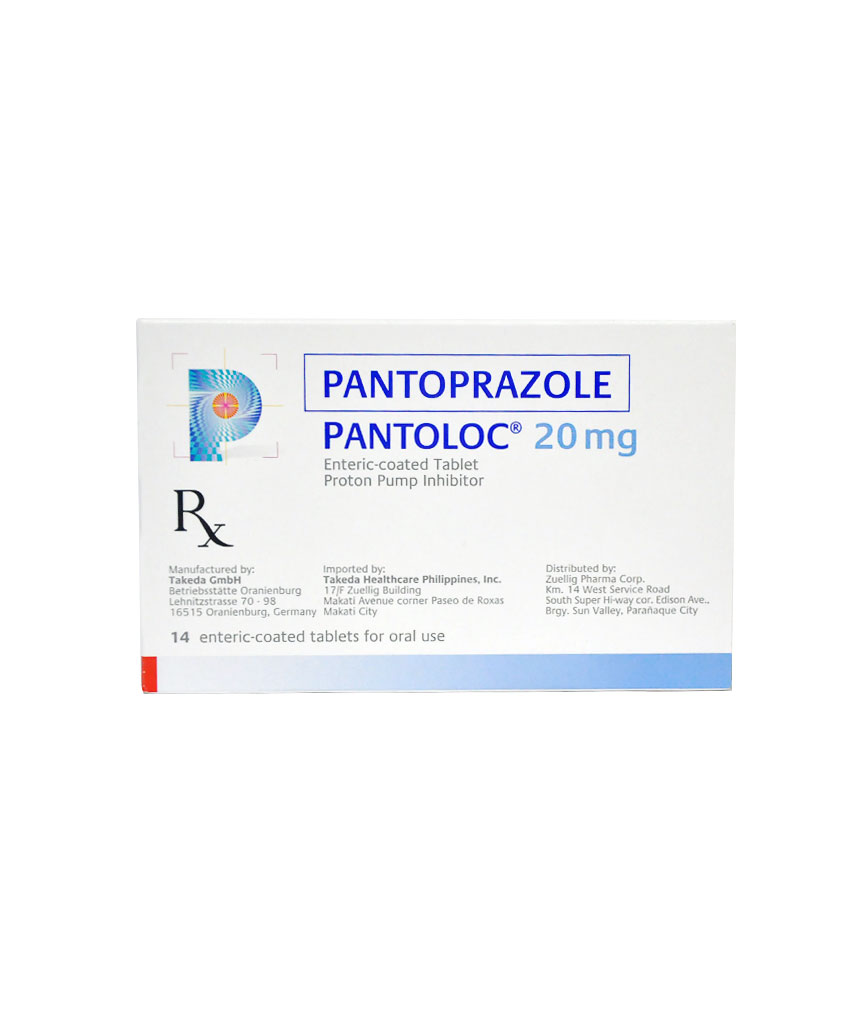


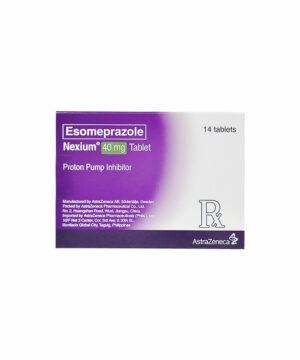
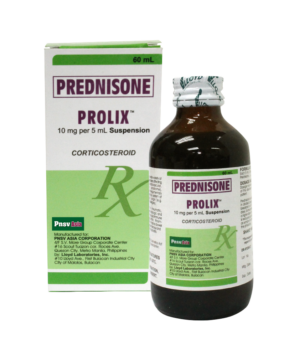


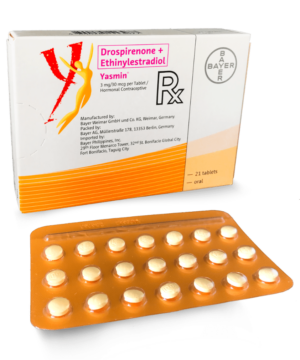
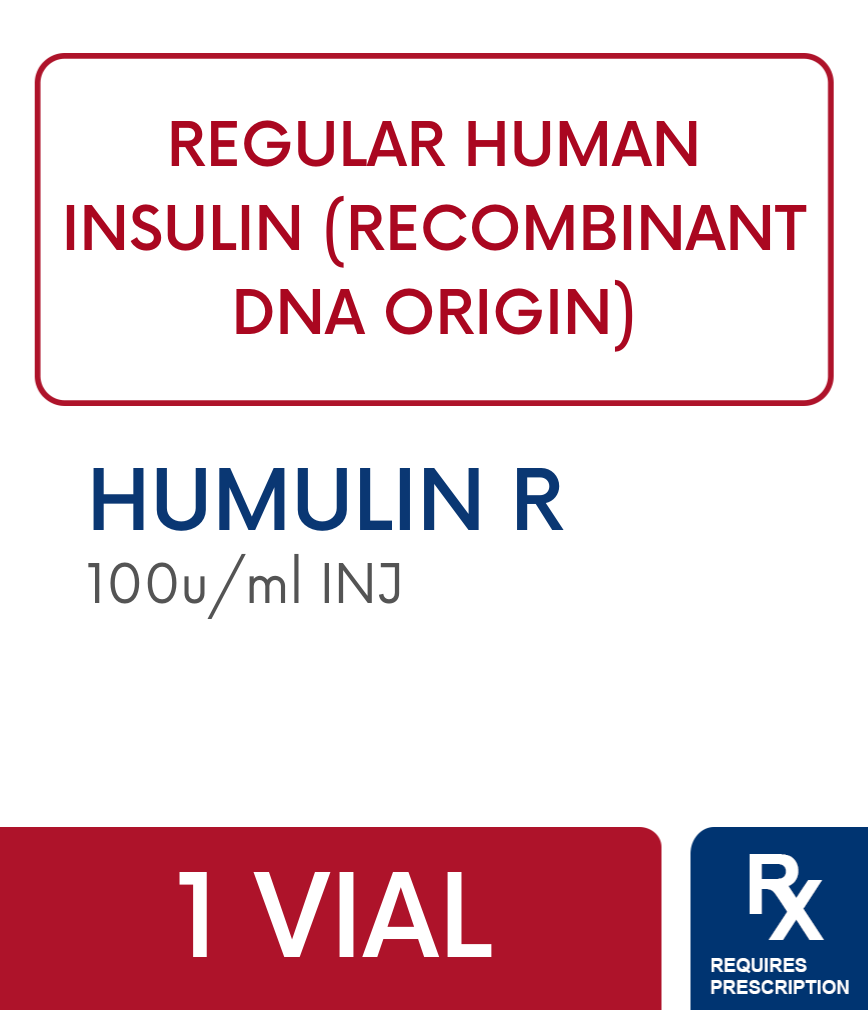




Reviews
There are no reviews yet.